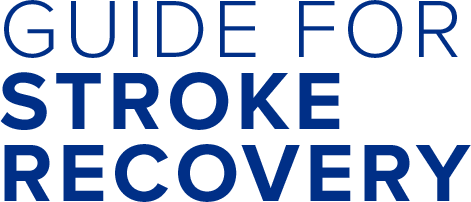What is Advance Care Planning?
Making your own choices is important to your sense of identity and well-being. This is true of decisions that include:
- Paying bills
- Food
- Living arrangements and housing
- Clothing
- Hygiene
- Safety
- Health care
It is important for your family, friends and health care team to know what your wishes are in the event that you can no longer make informed decisions. This will avoid any confusion later on. This is called an advance directive, a legal document that allows you to express decisions about your personal care and finances ahead of time.
What is advance care planning?
Making choices, while you are capable, about how you wish to be cared for in the future if you become incapable of making decisions. The wishes you express while capable are legally binding. This means they will be enforced by law.
A substitute decision-maker (SDM) in Ontario is a person who is legally appointed to make decisions for a person who is mentally incapable of making the decision for themselves. A SDM only has the authority to act on your wishes when you are not capable of making them yourself.
A Power of Attorney (POA) for Personal Care is a legal document that appoints someone as your SDM for personal and health care needs. A Power of Attorney (POA) for Finances is a legal document that appoints someone as your SDM for property and financial matters. Choose someone who you feel would best honour and carry out your wishes. This person does not have to be a family member.
You can appoint more than one person as your POA and state if either can (or both must) make decisions for you.
What happens if I do not have a POA –personal care?
If you do not have an appointed SDM through a Power of Attorney for Personal Care or you are not capable of making your health care decisions, the health care team will turn to the following people (in this order with the highest rank person at the top) to make personal care decisions:
- Your spouse or common-law partner
- Your child (over 16) or parent
- Custodial parent (parent with right of access only)
- Brother or sister
- Any other relative by blood, marriage or adoption
Your SDM(s) must meet the following conditions:
- willing to accept the role as your SDM
- available when decisions need to be made
- capable of providing consent
- 16 years or older
- not prevented by court order or separation agreement from acting as your SDM
What happens if I do not have a POA – property?
If you are no longer able to manage your property or finances and you do not have a Power of Attorney for Property, someone must apply to a court to be your representative. A guardian or representative may be appointed by either the Ontario government’s Office of the Public Guardian and Trustee, or by the court.
How do I prepare to complete an advance directive?
Watch this video on the 5 steps of advance care planning:
Video credit: Canadian Hospice Palliative Care Association
Having read the information in this section, consider the following:
- Are my care wishes written down and/or known by my family/loved ones?
- Do I have a will?
- Have I legally named someone as my appointed Power of Attorney for personal care and/or property?
- If yes, have I made my wishes known to that person?
- Do they know where my Power of Attorney is located or do they have a copy?
